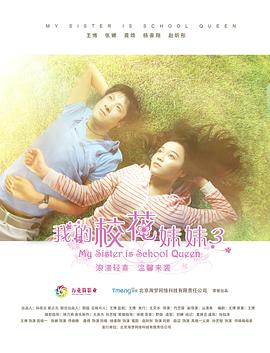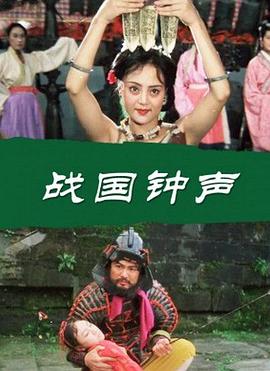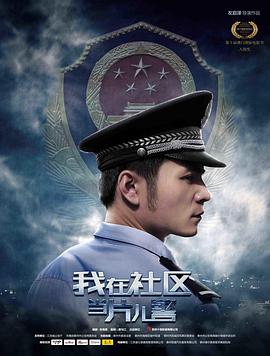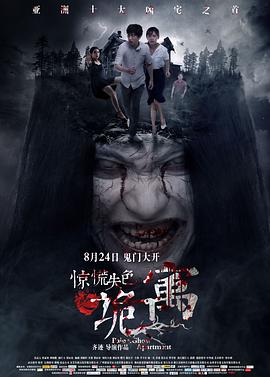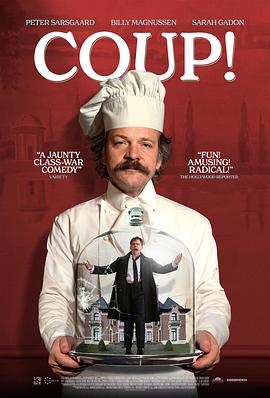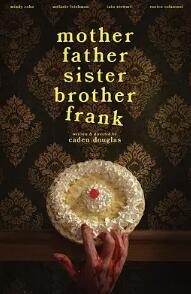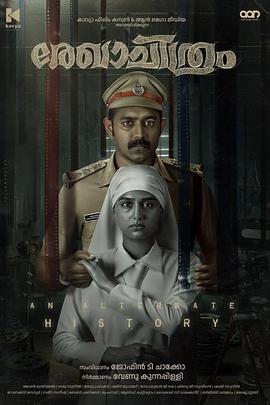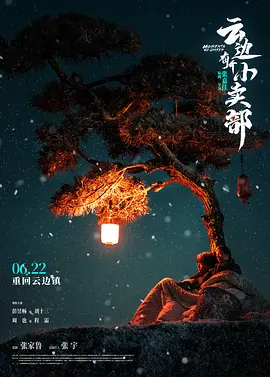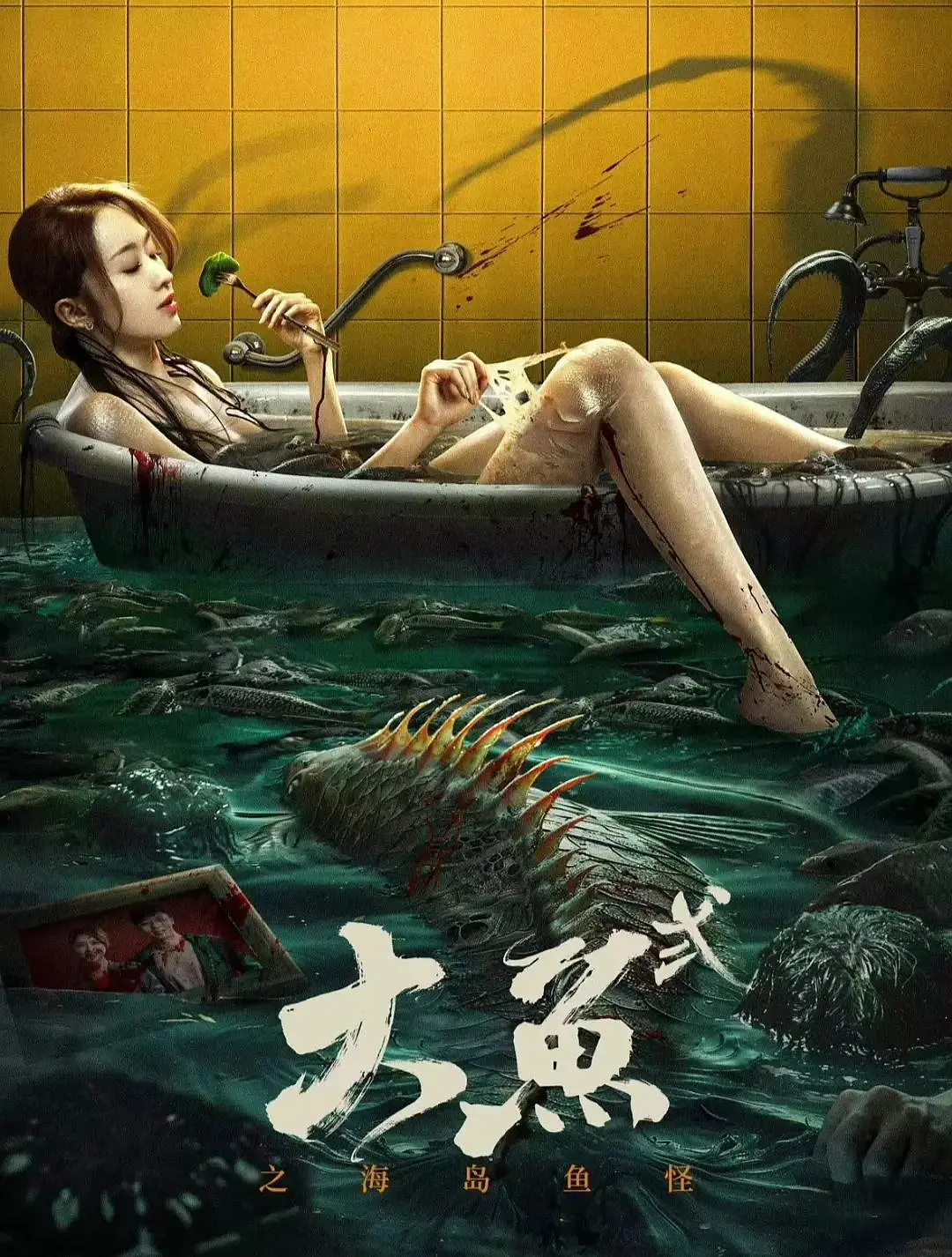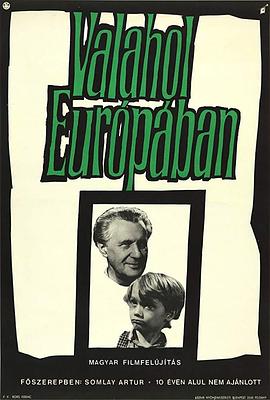
导演:
主演:
上映:
1948-11-19
更新:
2024-09-21 04:28:50,最后更新于
1年前
备注:
已完结
评分:
7.4分
TAG:
未知
剧情:
Somewhere in the remote region, the war ends. In the midst of ruined cities and houses in the streets, in rural hamlets, everywhere where people still live, are children who have lost their homes and parents. Abandoned, hungry, and in rags, defenseless and humiliated, they wander through the world. Hunger drives them. Little streams of orphans merge into a river which rushes forward and submerges everything in its path. The children do not know any feeling; they know only the world of their enemies. They fight, steal, struggle for a mouthful of food, and violence is merely a means to get it. A gang led by Cahoun finds a refuge in an abandoned castle and encounters an old composer who has voluntarily retired into solitude from a world of hatred, treason, and crime. How can they find a common ground, how can they become mutual friends The castle becomes their hiding place but possibly it will also be their first home which they may organize and must defend. But even for this, the price will be very high. To this simple story, the journalist, writer, poet, scriptwriter, movie director, and film theoretician Béla Balázs applied many years of experience. He and the director Géza Radványi created a work which opened a new postwar chapter in Hungarian film. Surprisingly, this film has not lost any of its impact over the years, especially on a profound philosophical level. That is to say, it is not merely a movie about war; it is not important in what location and in what period of time it takes place. It is a story outside of time about the joyless fate of children who pay dearly for the cruel war games of adults. At the time it was premiered, the movie was enthusiastically received by the critics. The main roles were taken by streetwise boys of a children's group who created their roles improvisationally in close contact with a few professional actors, and in the children's acting their own fresh experience of war's turmoil appears to be reflected. At the same time, their performance fits admirably into the mosaic of a very complex movie language. Balázs's influence revealed itself, above all, in the introductory sequences an air raid on an amusement park, seen in a montage of dramatic situations evoking the last spasms of war, where, undoubtedly, we discern the influence of classical Soviet cinematography. Shooting, the boy's escape, the locomotive's wheels, the shadows of soldiers with submachine guns, the sound of a whistle—the images are linked together in abrupt sequences in which varying shots and expressive sharp sounds are emphasized. A perfectly planned screenplay avoided all elements of sentimentality, time-worn stereotypes of wronged children, romanticism and cheap simplification. The authors succeeded in bridging the perilous dramatic abyss of the metamorphosis of a children's community. Their telling of the story (the scene of pillaging, the assault on the castle, etc) independently introduced some neorealist elements which, at that time, were being propagated in Italy by De Sica, Rossellini, and other film artists. The rebukes of contemporary critics, who called attention to formalism for its own sake have been forgotten. The masterly art of cameraman Barnabás Hegyi gives vitality to the poetic images. His angle shots of the children, his composition of scenes in the castle interior, are a living document of the times, and underline the atmosphere and the characters of the protagonists. The success of the picture was also enhanced by the musical art of composer Dénes Buday who, in tense situations, inserted the theme of the Marseilaise into the movie's structure, as a motive of community unification, as an expression of friendship and the possibility of understanding. Valahol Europaban is the first significant postwar Hungarian film. It originated in a relaxed atmosphere, replete with joy and euphoria, and it includes these elements in order to demonstrate the strength of humanism, tolerance, and friendship. It represents a general condemnation of war anywhere in the world, in any form.
收起
AD:
广告位02
相关影片
2016
电影
中国大陆
更新HD
2014
电影
大陆
HD国语
1997
电影
大陆
HD国语版
2018
电影
大陆
HD国语版
2018
电影
中国大陆
正片
2016
电影
中国大陆
正片
2019
电影
大陆
HD国语版
2020
电影
大陆
HD国语版
2019
电影
大陆
HD国语版
2018
电影
大陆
HD国语版
2023
电影
美国
更新HD
2025
电影
美国
更新HD
2024
电影
捷克
更新HD
2024
电影
加拿大
恩里克·克兰东尼 明迪·科恩 梅兰妮·利什曼 查德·康奈尔 Sharron Matthews Juan Chioran Izad Etemadi Matthew G. Brown Iain Stewart
故事讲述一餐晚饭如何令这个看似笑声笑声满载温馨的家庭突然变得紧张至极。当子女得知父母的暗黑秘密后,他们必须应对乱局并试图掩盖自己的行为,但他们能否真的克服家庭长期障碍,并保守这个致命秘密呢?这部悬
HD中字
2010
电影
香港
HD国语
正在热播
更多
2024
电视剧
中国大陆
热播
更新至10
2024
电视剧
国产
独家推荐
已完结
2024
电视剧
国产
独家推荐
更新至07
2024
电影
中国大陆
独家推荐
更新至1080P
2024
电影
中国大陆
独家推荐
已完结
2024
电视剧
国产
独家推荐
已完结
2024
电影
大陆
热播
更新至1080P
2024
电视剧
国产
独家推荐
已完结
2024
电影
日本
热播
回首青春,这些年最不想错过的人,一直是你。可我这一次,真的错过你了。
影片以游记随笔《青春18×2 日本慢车流浪记》为原型。18年前,来自日本的背包客阿美(清原果耶 饰)来到了高中生吉米(许光汉 饰)打工的店中,两人在同一家店中一同工作度过了一个夏天。吉米渐渐对阿美产生好感,然而阿美将回到日本。面对无法整理心情的吉米,阿美提出了“一个约定”……时光流逝,回到老家的吉米发现了阿美18年前从日本寄来的明信片。初恋的记忆涌现,吉米乘上通往阿美的故乡的列车,开始了独自一人的日本之旅。
第1集
2024
电影
中国大陆
热播
更新至720P
2024
电视剧
中国大陆
热播
更新至18
2024
电视剧
中国大陆
热播
已完结
2024
电影
大陆
热播
第1集
2024
电影
中国大陆
热播
正片


